Serrano Peppers: The Spicy Secret Weapon in Your Kitchen
When it comes to spicing up your dishes without going full habanero mode, serrano peppers are like the Swiss Army knife of the chili world. They bring heat, flavor, and versatility all rolled into one tiny package. Whether you're a professional chef or someone who just discovered that salt isn’t the only seasoning on the shelf, this guide will turn you into a serrano-slinging pro in no time.
Table of Contents
- What Are Serrano Peppers?
- How Hot Are Serrano Peppers? Scoville Scale Breakdown
- Serrano vs Jalapeño: What’s the Difference?
- 7 Practical Cooking Tips for Using Serrano Peppers
- Health Benefits of Serrano Peppers
- How to Store Serrano Peppers Like a Pro
- Fun Facts You Probably Didn’t Know About Serranos
- Tasty Recipes Featuring Serrano Peppers
- Final Thoughts
What Are Serrano Peppers?
The serrano pepper (Capsicum annuum) is a Mexican chili pepper named after the Sierra Madre mountains where it was originally grown. It's commonly used in salsas, sauces, and traditional dishes like chiles rellenos. Unlike larger peppers, serranos pack a punch while still being small enough to toss whole into soups or salsas.
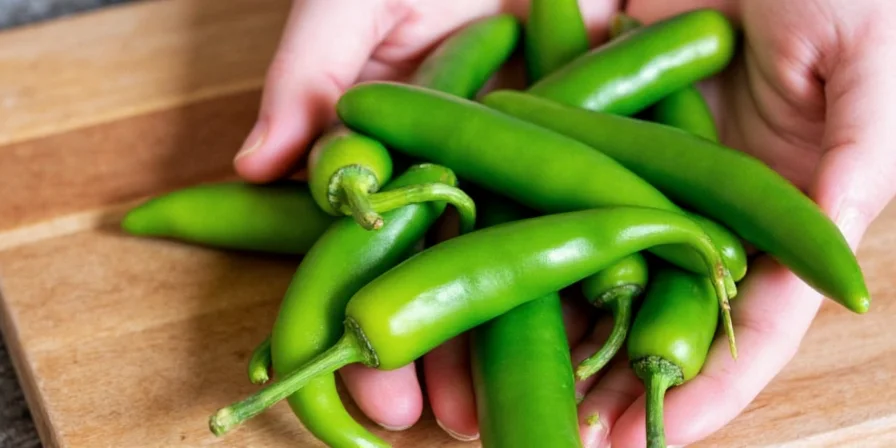
How Hot Are Serrano Peppers? Scoville Scale Breakdown
If you’ve ever wondered why some serranos seem to set your mouth on fire while others feel more like a gentle nudge, here’s the breakdown:
| Pepper | Scoville Heat Units (SHU) |
|---|---|
| Serrano Pepper | 10,000 – 23,000 SHU |
| Jalapeño Pepper | 2,500 – 8,000 SHU |
| Habanero Pepper | 100,000 – 350,000 SHU |
| Cayenne Pepper | 30,000 – 50,000 SHU |
So yes, serranos can be up to 10 times hotter than a jalapeño — but not quite habanero level madness. Keep in mind that color affects heat too! Red serranos tend to be spicier than green ones.
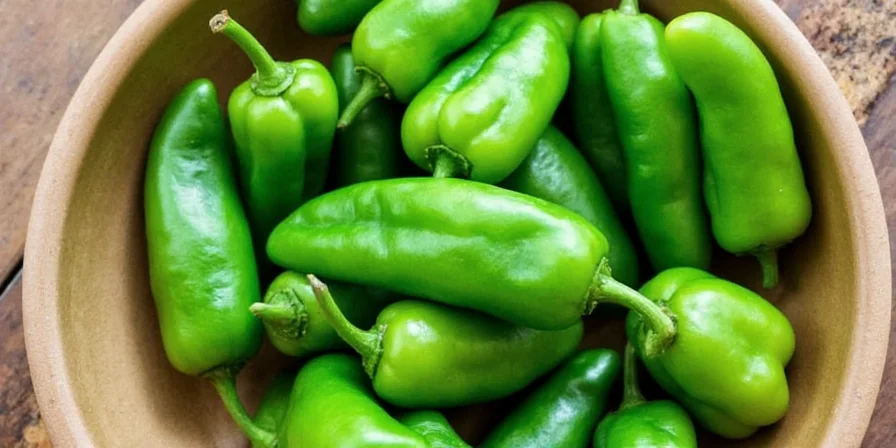
Serrano vs Jalapeño: What’s the Difference?
This is the ultimate spicy showdown. Both hail from Mexico, both love tacos, but they have distinct personalities:
| Feature | Serrano Pepper | Jalapeño Pepper |
|---|---|---|
| Size | 1–2 inches long | 2–4 inches long |
| Heat Level | Moderate to high | Mild to moderate |
| Flavor | Grassy, crisp, peppery | Earthy, smoky, mild |
| Best Use | Raw, pickled, roasted | Stuffed, grilled, canned |
In short: if you want flavor with a fiery twist, go serrano. If you’re playing it safe, stick with jalapeños.
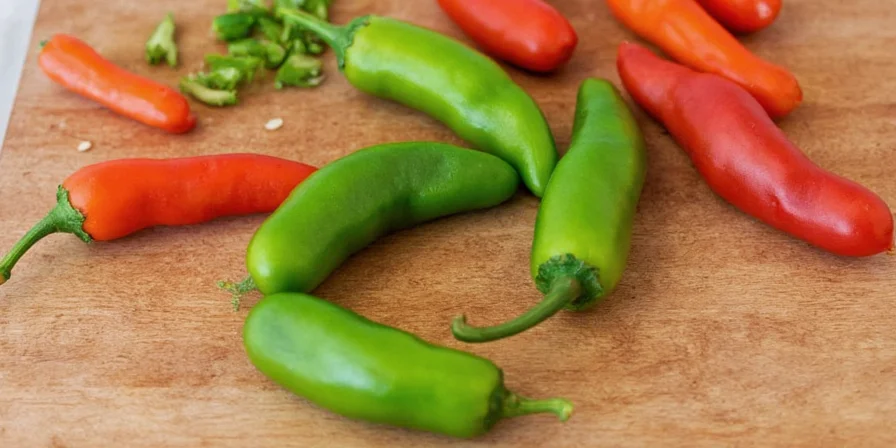
7 Practical Cooking Tips for Using Serrano Peppers
- Don’t skip the gloves! Capsaicin can cause skin irritation. Treat serranos like you treat poison ivy — handle with care.
- To seed or not to seed? For less heat, remove seeds and veins. Want it extra spicy? Leave them in!
- Roast for richer flavor: Toss whole peppers on a hot skillet or under the broiler until blistered. Then wrap in foil to steam before peeling off the skins.
- Add raw to salsas: Sliced thin, they add a fresh crunch and sharp bite to pico de gallo or avocado salsa.
- Freeze for later: Serranos freeze beautifully whole or sliced. Just toss them in a ziplock bag and pull out when you need instant spice.
- Pickling adds flair: Brine them with garlic, onions, vinegar, and spices for a tangy garnish that pairs perfectly with burgers and tacos.
- Beware the smoke: When drying or frying serranos, open a window. Those fumes can get intense — think kitchen version of tear gas.
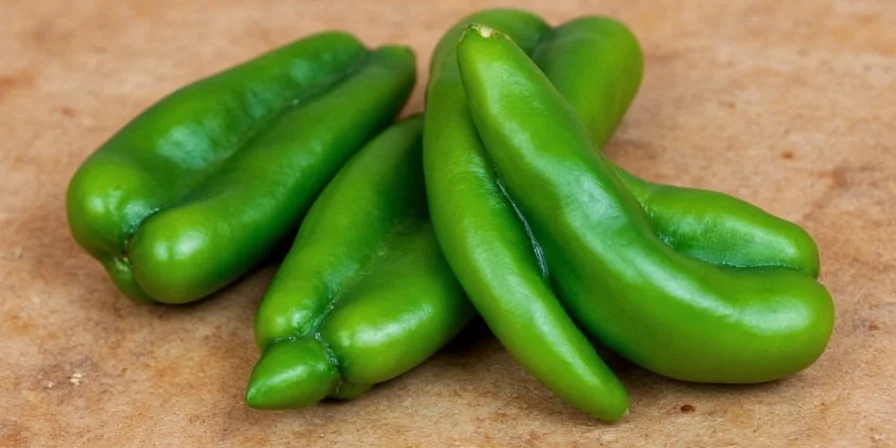
Health Benefits of Serrano Peppers
Spice lovers rejoice — your guilty pleasure might actually be good for you! Here’s what makes serranos a healthy choice:
- Boosts metabolism: Capsaicin increases thermogenesis, helping you burn more calories even at rest.
- Natural pain relief: Used in topical creams, capsaicin blocks pain signals and may help with arthritis and neuropathy.
- Heart-friendly: Chili compounds can lower cholesterol and improve blood circulation.
- Loaded with vitamins: Serranos are rich in Vitamin C, Vitamin A, and potassium — better than an orange in some cases!
- Antioxidant power: These little guys fight free radicals and support immune function.
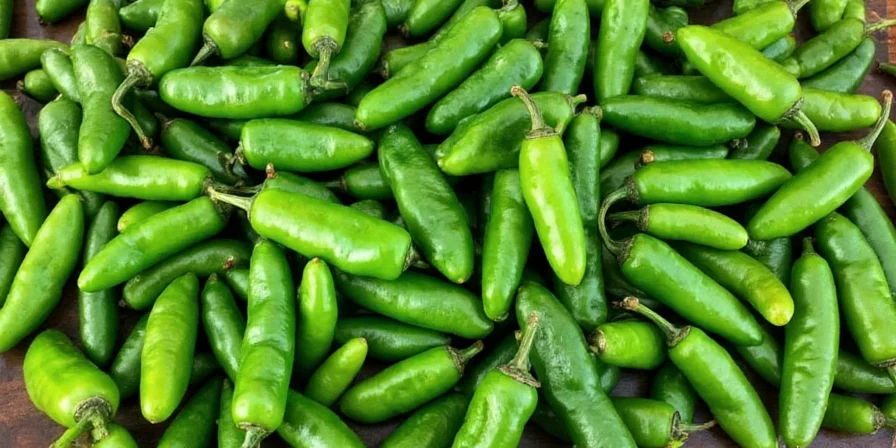
How to Store Serrano Peppers Like a Pro
Want to keep your serranos fresh longer? Try these storage methods:
- Fridge life: Store unwashed in a plastic bag in the crisper drawer for up to two weeks.
- Freezer hack: Freeze whole or chopped in a sealed container for up to six months. No need to thaw before cooking!
- Dry them out: String them up or use a food dehydrator to make dried serrano flakes for homemade spice blends.
- Pickled preservation: Submerge in brine and store in the fridge for up to a year. Bonus flavor bonus!
- Oil infusion: Cover peeled roasted serranos in olive oil and store in the fridge for up to a month. Perfect for drizzling over pasta or pizza.
Fun Facts You Probably Didn’t Know About Serranos
- Serrano peppers are named after the Spanish word “sierra,” meaning mountain range — because they were traditionally grown in mountainous regions of Mexico.
- You can grow serranos indoors! With proper sunlight and soil, you can have your own mini-chili farm.
- They start green and mature into red, orange, brown, and even purple shades — each with a slightly different flavor profile.
- There are over 100 varieties of serrano peppers worldwide — so there's always something new to try.
- Serranos are often mistaken for Thai bird’s eye chilies, which are smaller but much spicier.
Tasty Recipes Featuring Serrano Peppers
- Serrano Avocado Salsa: Blend avocado, lime juice, cilantro, diced serrano, onion, and tomato for a quick dip or topping.
- Garlic Butter Serrano Shrimp: Sear shrimp in butter and garlic, then throw in sliced serranos for a zesty kick.
- Smoked Serrano Queso: Melt cheese with roasted serranos and a splash of cream for a spicy party dip.
- Serrano Margarita: Infuse tequila with serrano slices and mix with lime, triple sec, and agave for a cocktail that packs a punch.
- Serrano Honey Glazed Chicken: Combine honey, soy sauce, garlic, and minced serrano for a sticky, spicy glaze.
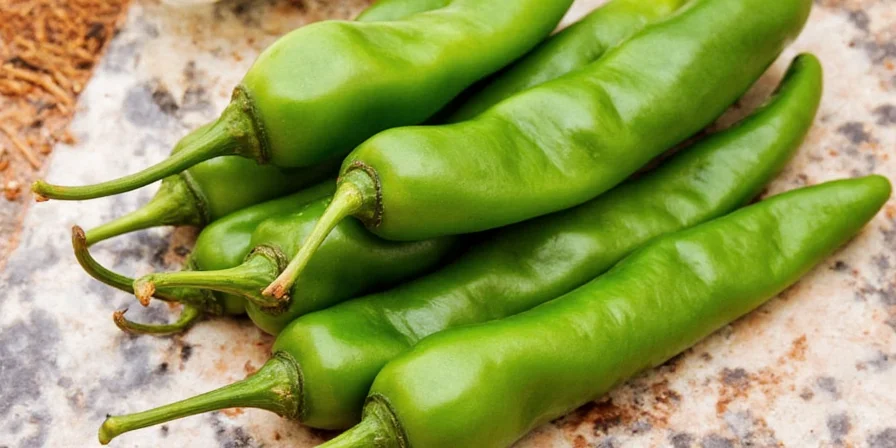
Final Thoughts
Whether you’re looking to heat up your weeknight dinner or impress your friends with culinary flair, serrano peppers deserve a spot in your spice rotation. With their bold flavor, manageable heat, and surprising versatility, they’re a gateway to exploring more exciting flavors in the spice world.
So grab a handful of serranos, roll up your sleeves, and get ready to spice up your life — literally.

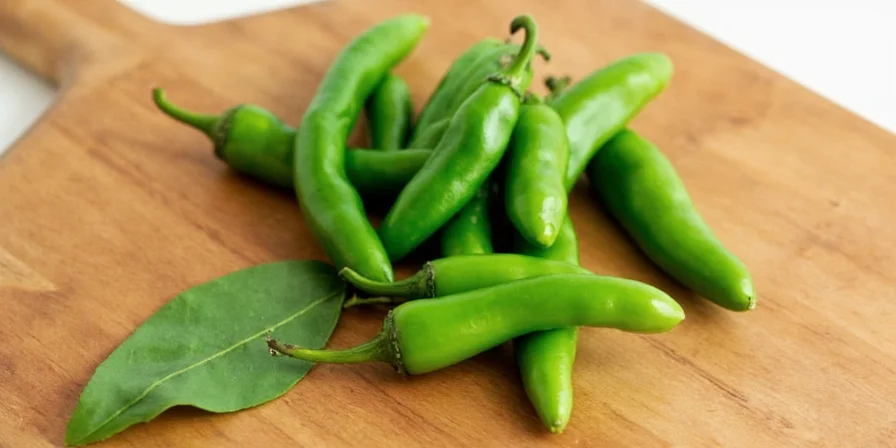









 浙公网安备
33010002000092号
浙公网安备
33010002000092号 浙B2-20120091-4
浙B2-20120091-4